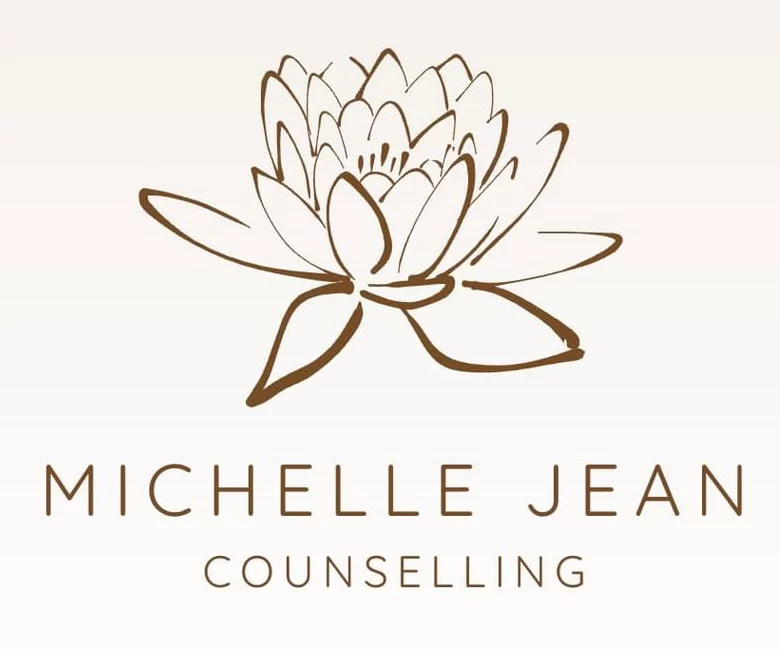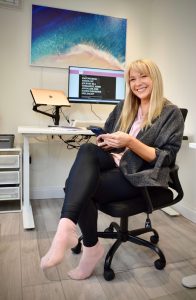A Compulsion That Feels Like Control (But Isn’t)
It’s wild to think how often I used to check my reflection—not just in mirrors, but car windscreens, windows, the back of a spoon, shopfronts. If it reflected, I’d use it.
At the height of my eating disorder, it was like a cruel ritual. Mirror checking wasn’t just a habit; it was a full-body compulsion, disguised as control. But underneath? It was self-hatred on repeat. I was hunting for evidence that my body was “wrong,” even though I knew, deep down, I’d never find peace that way.
What I didn’t know then—but now do—is that I wasn’t alone.
And what I was seeing? It wasn’t even real.
When ADHD Meets Body Dysmorphia
Being diagnosed with ADHD in adulthood explained a lot. My poor spatial awareness meant my perception of my own body had always been distorted. I now understand that our brains can’t always process our image accurately—especially when neurodivergence, trauma, or anxiety are involved.
For me, mirror checking became a dopamine-seeking behaviour. I was trying to solve the image in front of me, trying to get it to align with how I thought I was supposed to look. But each time I checked, it only fed the fear.
That’s the cruel irony:
The more you look, the less you trust what you see.
One day, I’d think I looked “fine.” The next day—same outfit, same mirror—I’d feel completely different. Same photo, two reactions. That inconsistency?
That’s not vanity. That’s body dysmorphia.
What the Brain Sees Is Not Always the Truth
Here’s the neuroscience: Body dysmorphia affects the visual processing centres of the brain. Neuroimaging studies show that people with BDD (Body Dysmorphic Disorder) tend to hyper-focus on tiny, perceived flaws and process their face and body differently from others.
It’s not just about low self-esteem—your brain is wired to misinterpret visual signals, especially in the ventral visual stream and the fusiform gyrus, which helps us recognise faces.
Add in trauma or neurodivergence, and your mirror image becomes even more unreliable.
In short?
What you see isn’t always true, especially when your brain is wired for distortion.
Withdrawal Was the Hardest Part
Giving up mirror checking felt like coming off a drug.
It sounds dramatic, but it’s true.
It’s not easy to stop when something becomes so ingrained in your routine and tied to your self-worth. It’s like your brain is whispering:
“Just check once more. Maybe you look better now.”
But the mirror never gave me what I needed.
Not reassurance. Not control. Not clarity.
The only thing that helped me break free was withdrawing from the habit—cutting down on the number of checks, removing full-length mirrors, covering bathroom reflections, and replacing the urge with something grounding.
It was hard.
But it worked.
My Three-Step Mirror Recovery Process
This is how I now support my clients to rewire this pattern:
1. Gentle Awareness
We track how often mirror checking is happening—not to shame, but to understand.
When does it peak?
What are you feeling beforehand?
What are you hoping the mirror will tell you?
2. Replace the Ritual
Together, we build mirror-free routines, like:
-
Lighting a candle and setting intentions
-
Wearing clothes that feel good, not just look “perfect”
-
Using sensory objects (like a grounding stone or favourite scent) to reconnect with the body
3. Rewire the Narrative
We challenge intrusive thoughts with compassionate ones. I use CBT and narrative therapy to help clients rewrite the story their reflection is telling them.
We also build a “truth anchor” list—unchanging things, no matter what the mirror says.
Affirmations to Shift the Mirror Narrative
If you’re in that obsessive loop, try these:
-
“This reflection is not the full story.”
-
“I am more than how I appear today.”
-
“My worth is not up for debate.”
-
“What I feel is valid, but not always factual.”
-
“I deserve to treat myself with kindness, even when it’s hard.”
Say them out loud.
Post them on your mirror.
Let them interrupt the loop.
You Are Not Alone, And You Are Not Broken
Whether you’re dealing with body dysmorphia, eating disorder recovery, ADHD—or all of the above—please know this:
You are not broken.
You’re a human with a sensitive brain trying to survive in a world obsessed with appearance.
The mirror is not your enemy,
but it’s also not your truth-teller.
Surround yourself with people who reflect your worth back to you.
Stay curious, not cruel.
And remember: the only way out is through—and with love.
A Bit About Me as a Therapist
I’m Becky Stone, a qualified eating disorder therapist based in the UK. I work with teens and adults, offering a calm, non-judgmental space to explore what recovery means—on your terms.
As someone with lived experience of body dysmorphia, ADHD, and eating disorders, I know how painful and personal this journey can be. My work is warm, trauma-informed, and flexible. I use neuroscience and emotional storytelling to help you feel safe in your body again.
If you’d like support with mirror checking, body image, or recovery from obsessive thought patterns, I’m here.
You’re not alone—and healing is possible.
Becky Stone
MBACP DIP Couns
NCFED Master Practitioner in Eating Disorders & Obesity
Clinical Supervisor
BACP/ICF Life Coach
📞 07510 495791
🌐 www.counsellorwhocares.co.uk
🔗 LinkedIn | Facebook | Instagram


